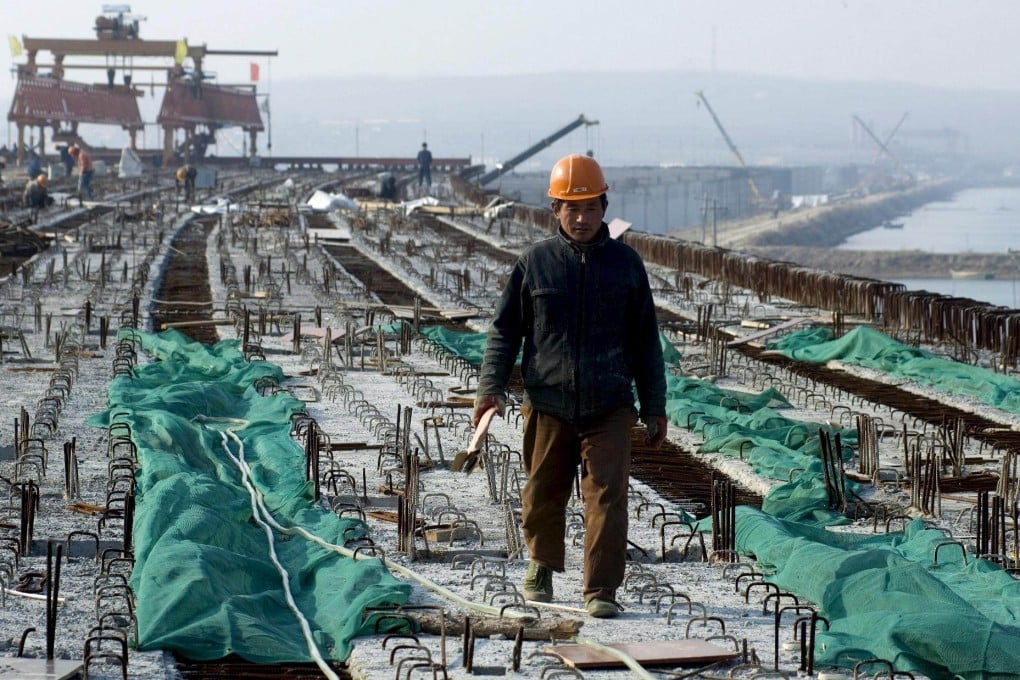Advertisement
China’s rural-revitalisation plan calls on banks to support infrastructure projects, but avoid hidden-debt trap
- Message by State Council comes on the heels of Beijing’s vow to ‘front load’ infrastructure construction to shore up economic growth this year
- Financial institutions also warned not to add to the hidden debt of local governments through off-balance-sheet borrowing, which poses great risk to world’s second-largest economy
Reading Time:2 minutes
Why you can trust SCMP
1

China is giving new impetus to its trillion-dollar campaign to revitalise the nation’s vast countryside, by calling on banks to lend more money for rural infrastructure projects in the coming years, as the nation tries to leverage such investments to help curb an economic slowdown.
As part of the nation’s five-year plan (2021-25) to modernise its agricultural and rural sectors, Beijing will roll out a rural public infrastructure programme. This includes expanding its 5G network to support high-speed communications, advancing green energy initiatives, installing water-supply lines, paving roads, and enhancing digital connectivity via the internet of things.
As long as projects do not add to the so-called hidden debt of local governments, through off-balance-sheet borrowing, China’s financial institutions are encouraged to offer more credit support for rural infrastructure, the State Council said on Friday.
The message by China’s cabinet came on the heels of Beijing’s pledge to “front load” infrastructure construction to shore up growth in 2022, as doubling down on economic and social stability is a top priority ahead of the ruling Communist Party’s 20th National Party Congress later this year.
Such infrastructure projects provide the “foundation for rural revitalisation”, Liang Zhonghua, chief macro analyst at Haitong Securities, wrote in a note on Thursday.
“The efforts on rural infrastructure are likely to be stronger,” Liang said.
Advertisement